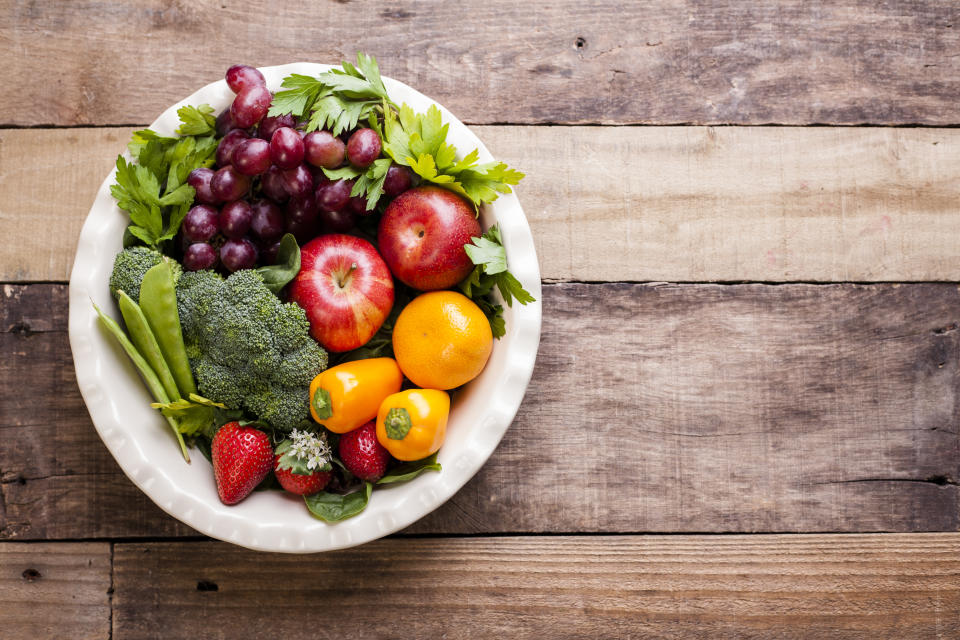Dirty Dozen: These are the fruits and vegetables with the most pesticides
Eating fruits and vegetables are key to healthy living — but did you know that even after carefully washing and peeling your favourite healthy snacks, you may still be ingesting pesticides?

Recent studies conducted by The United States Department of Agriculture (USDA) revealed there were 230 kinds of pesticides and pesticide breakdowns present in sampled produce. While these results may be surprising, a non-profit organization known as the Environmental Working Group has analyzed the USDA findings and is here to help.
ALSO SEE: 10 trendy ‘health foods’ that are anything but healthy
The EWG’s 4th annual edition of The Shopper’s Guide to Pesticides in Produce provides shoppers with a list of the fruits and vegetables with the most and least pesticide residue known as the Dirty Dozen and the Clean Fifteen. The EWG’s goal is to provide shoppers with the information necessary to make healthy, informed choices.
More than 98 per cent of produce tested was positive for pesticide residue. For the third year in a row, Strawberries topped the list as the produce with the most pesticide residue — more than 20 types of residue on a single serving to be exact. Spinach came in second place followed closely by nectarines, apples, grapes and peaches.

Good news for all the millennials, though: Avocados topped the Clean Fifteen list as the produce least likely to contain pesticide residue. Less than 1 per cent of avocados and sweet corn revealed any trace of pesticide residue. Rounding out the top five list of produce with the least residue are pineapple, cabbage and onion.
ALSO SEE: Baby wipes linked to child food allergies
While the most toxic pesticides have been banned from use following the Food Quality Protection Act of 1996, many studies reveal there can be lasting impacts of pesticides on the nervous system, particularly for children who are highly susceptible to pesticide effects. Studies have also revealed a potential link between diets high in fruits and vegetables and infertility.
The EWG says shoppers can avoid pesticides by purchasing organic vegetables whenever possible. However, even though a product is organic, it doesn’t necessarily mean it’s pesticide free.
“Chemical sprays from nearby farms can drift onto nearby organic farms,” says registered dietician Nicole Osinga. “Make sure you rinse and scrub your produce – organic or non-organic – with a brush under tap water. This will significantly reduce the amount of pesticides that may be on them.”
To see the full list, click here.
Let us know what you think by commenting below and tweeting @YahooStyleCA!
Follow us on Twitter and Instagram.


